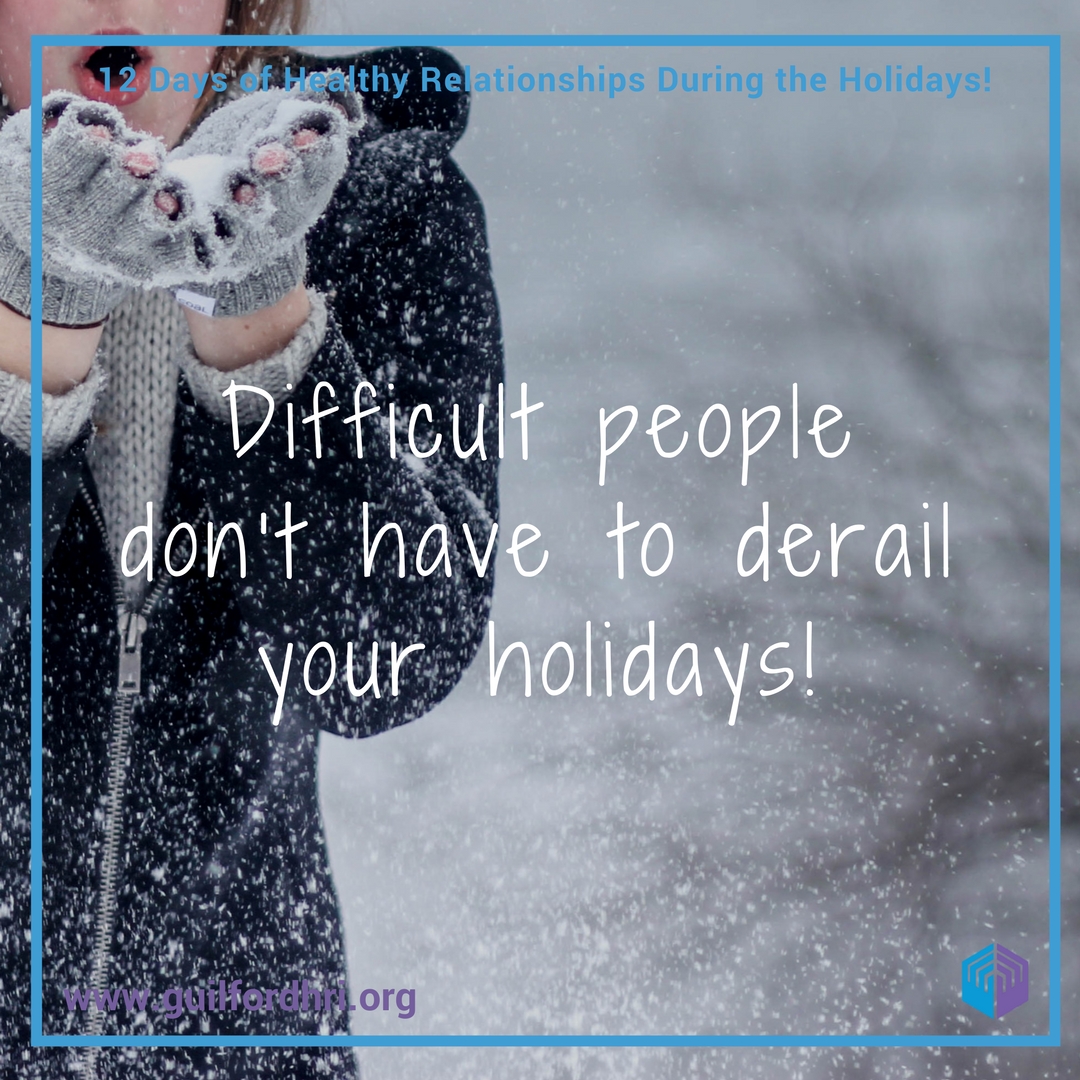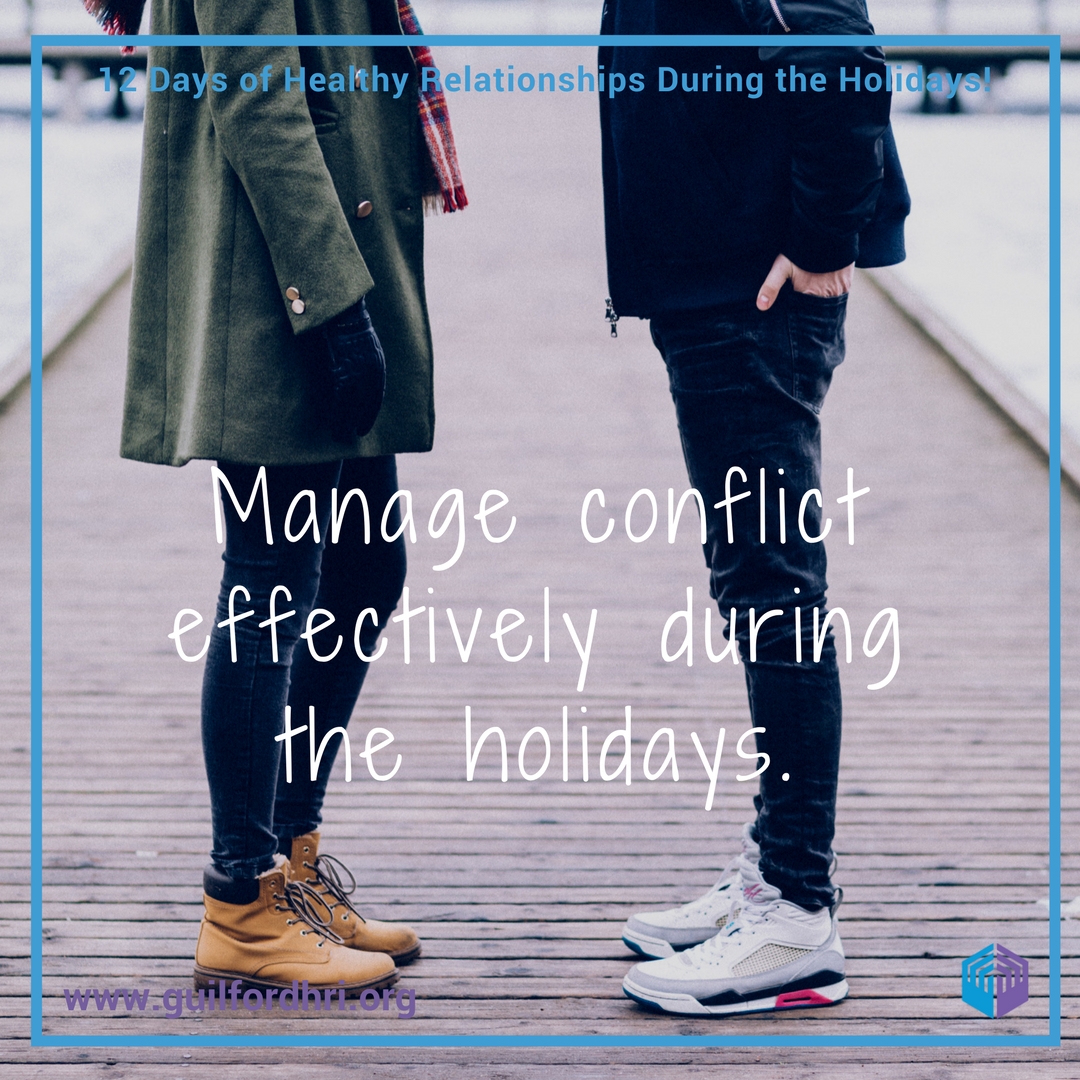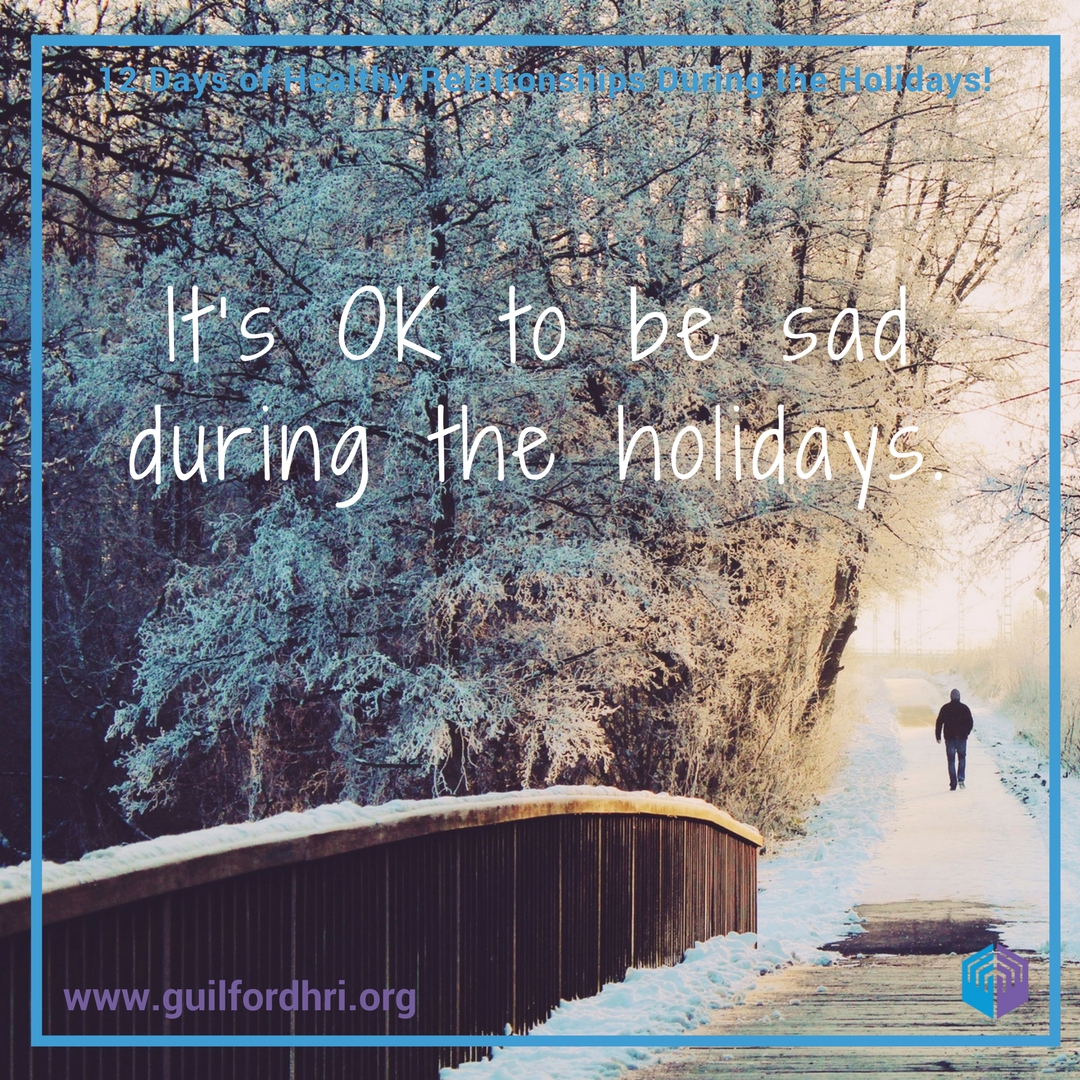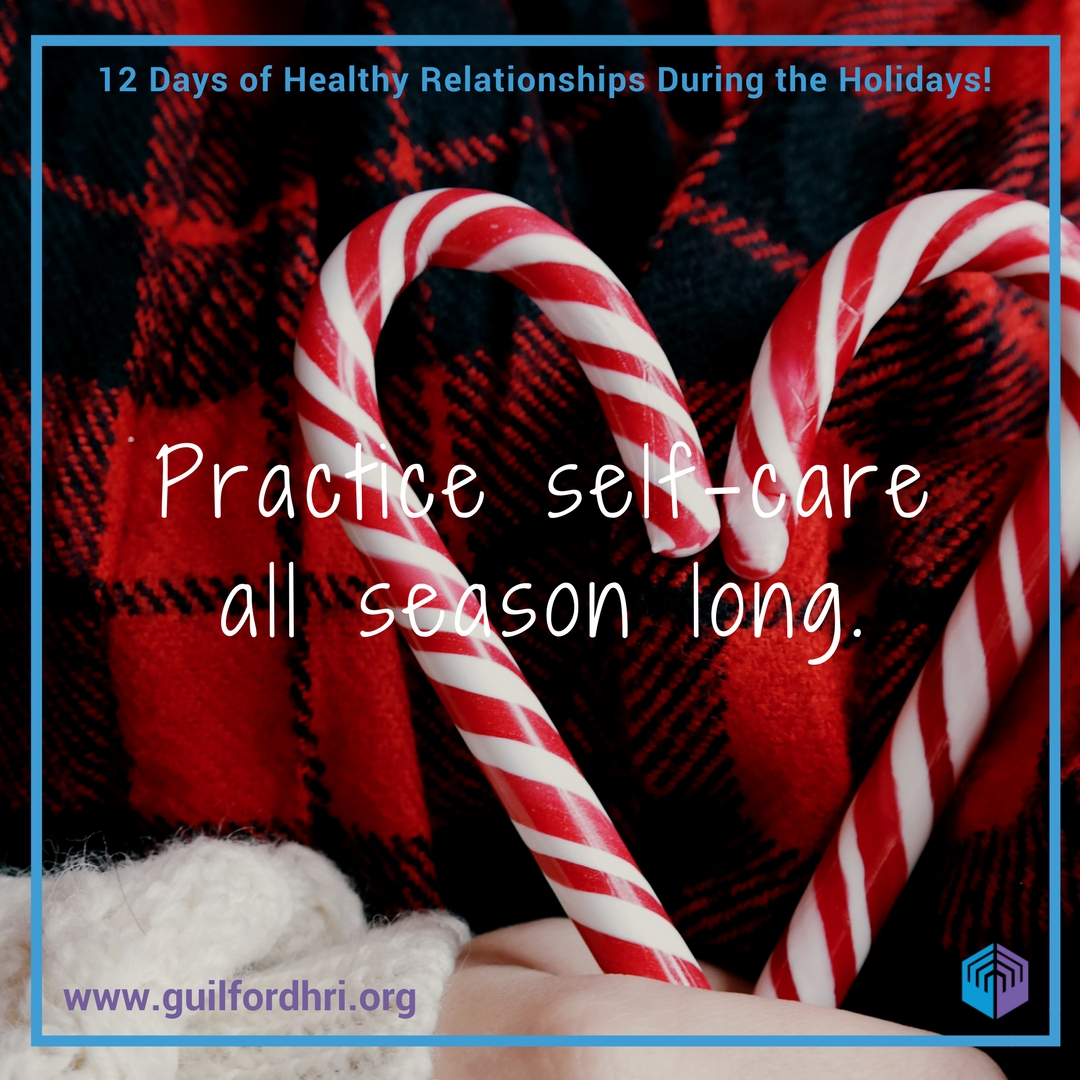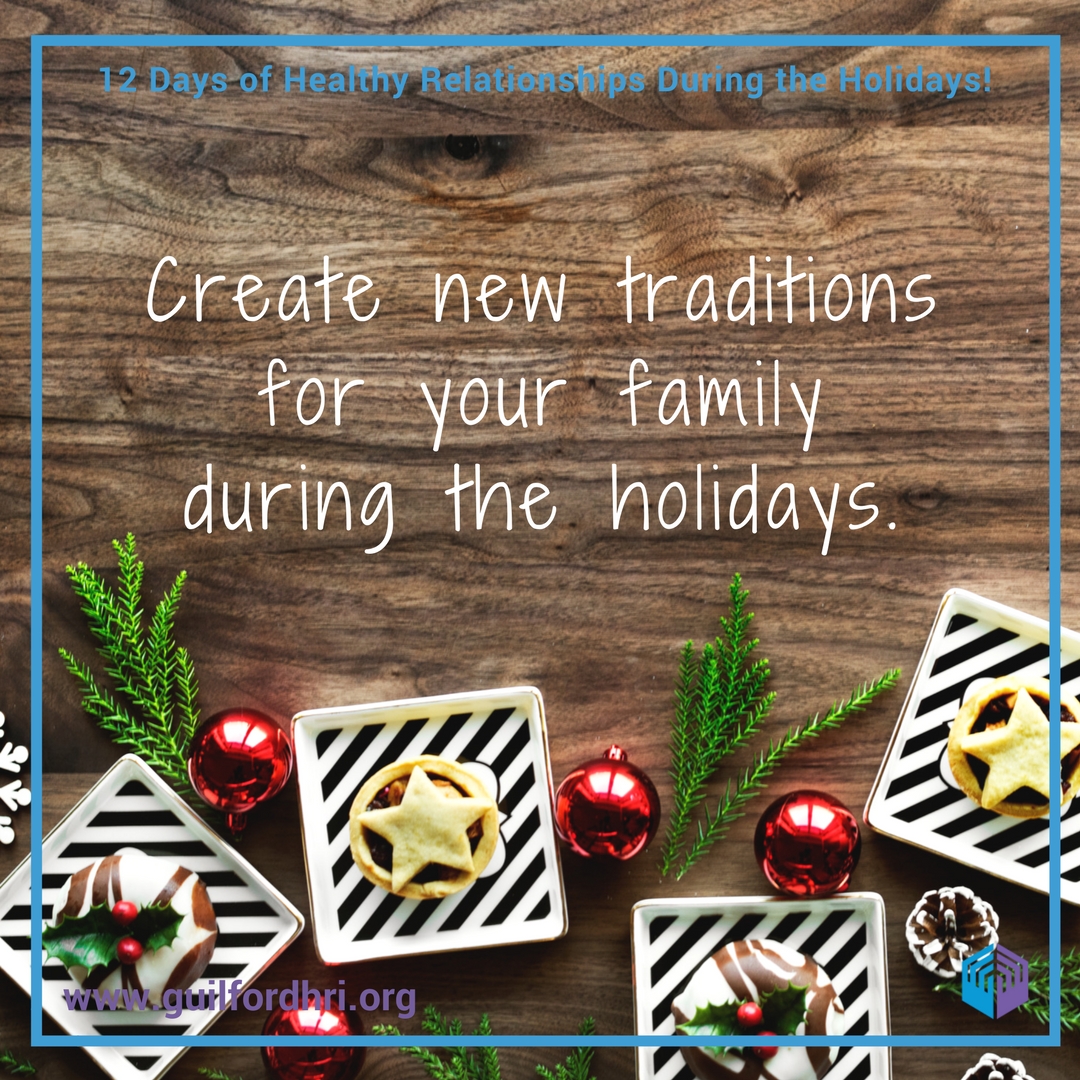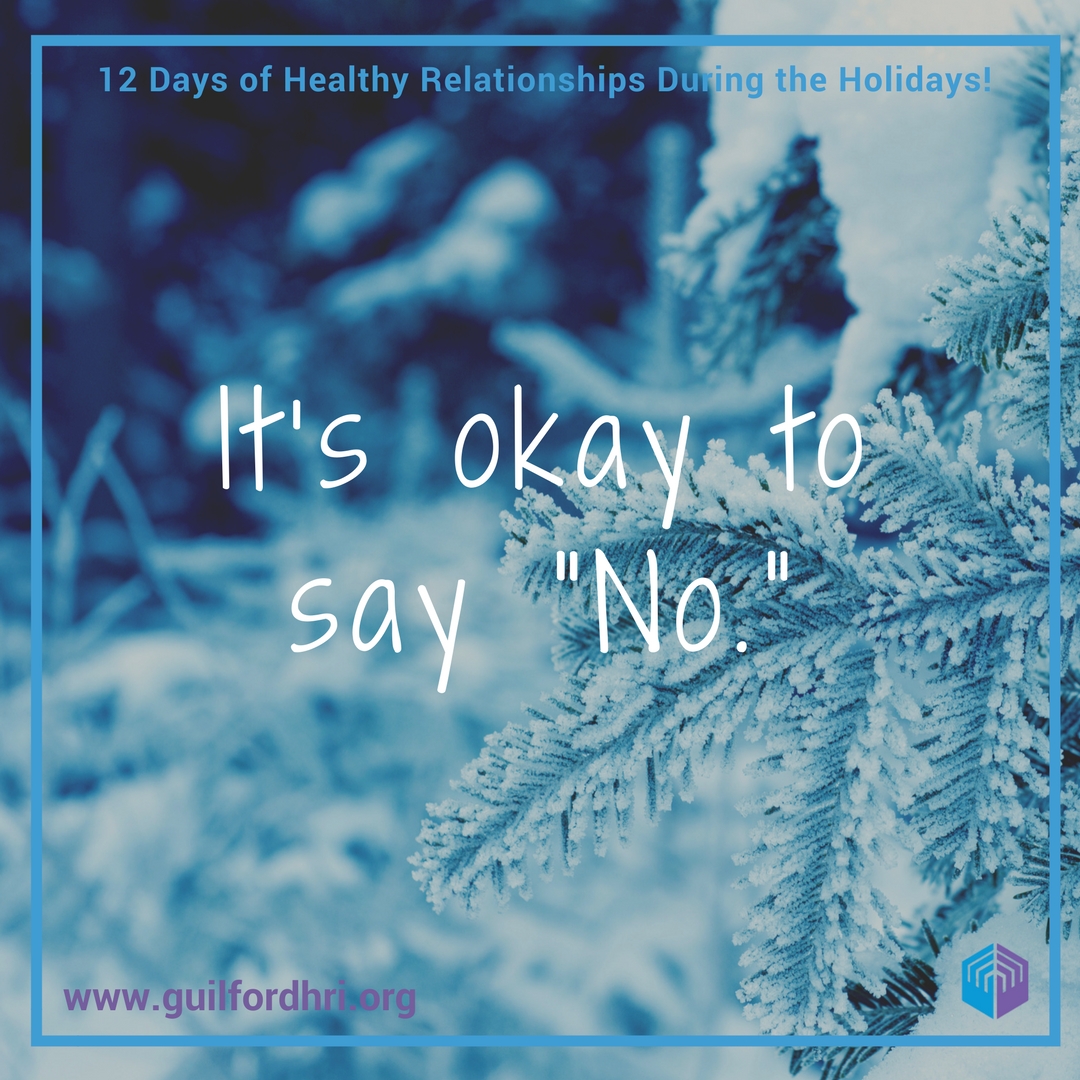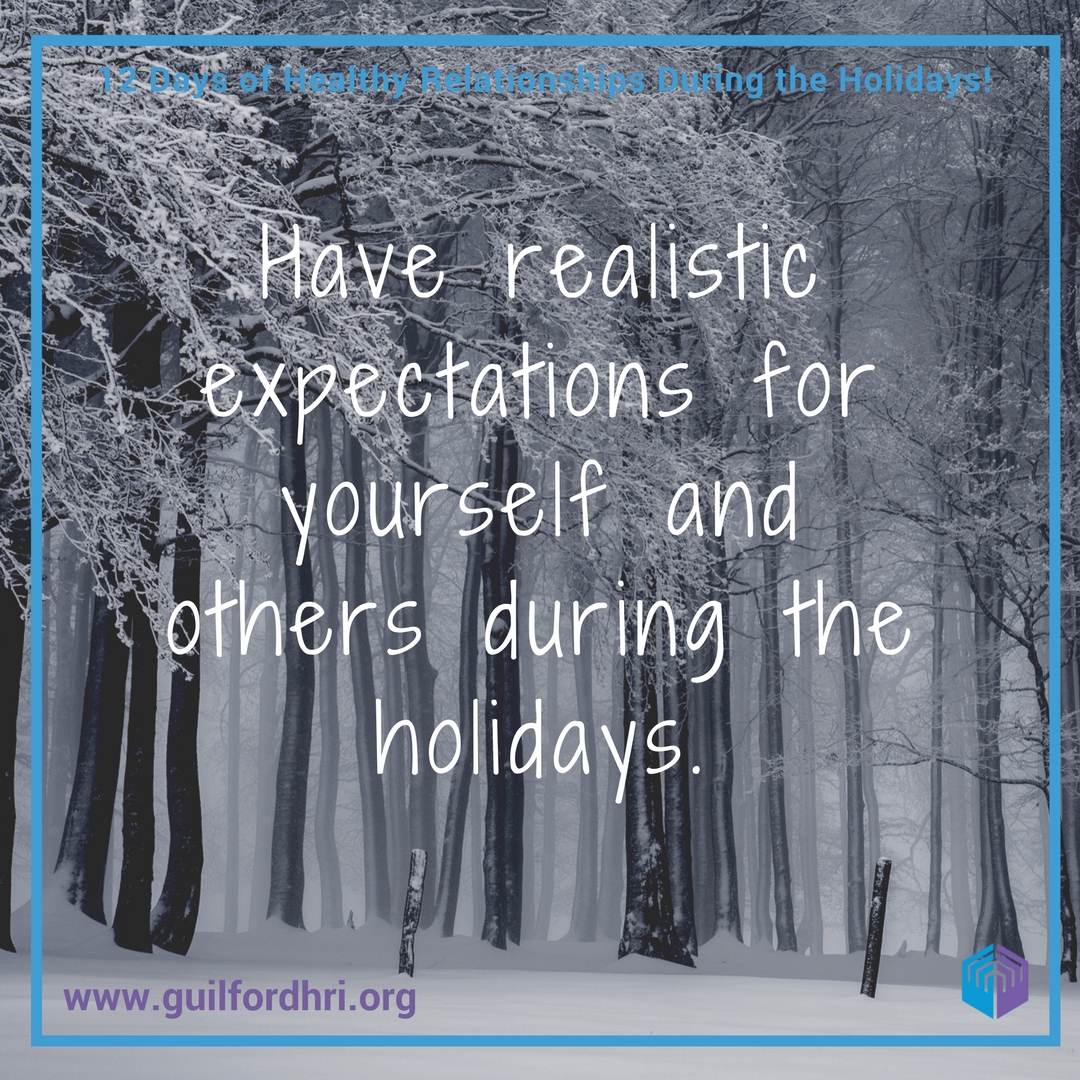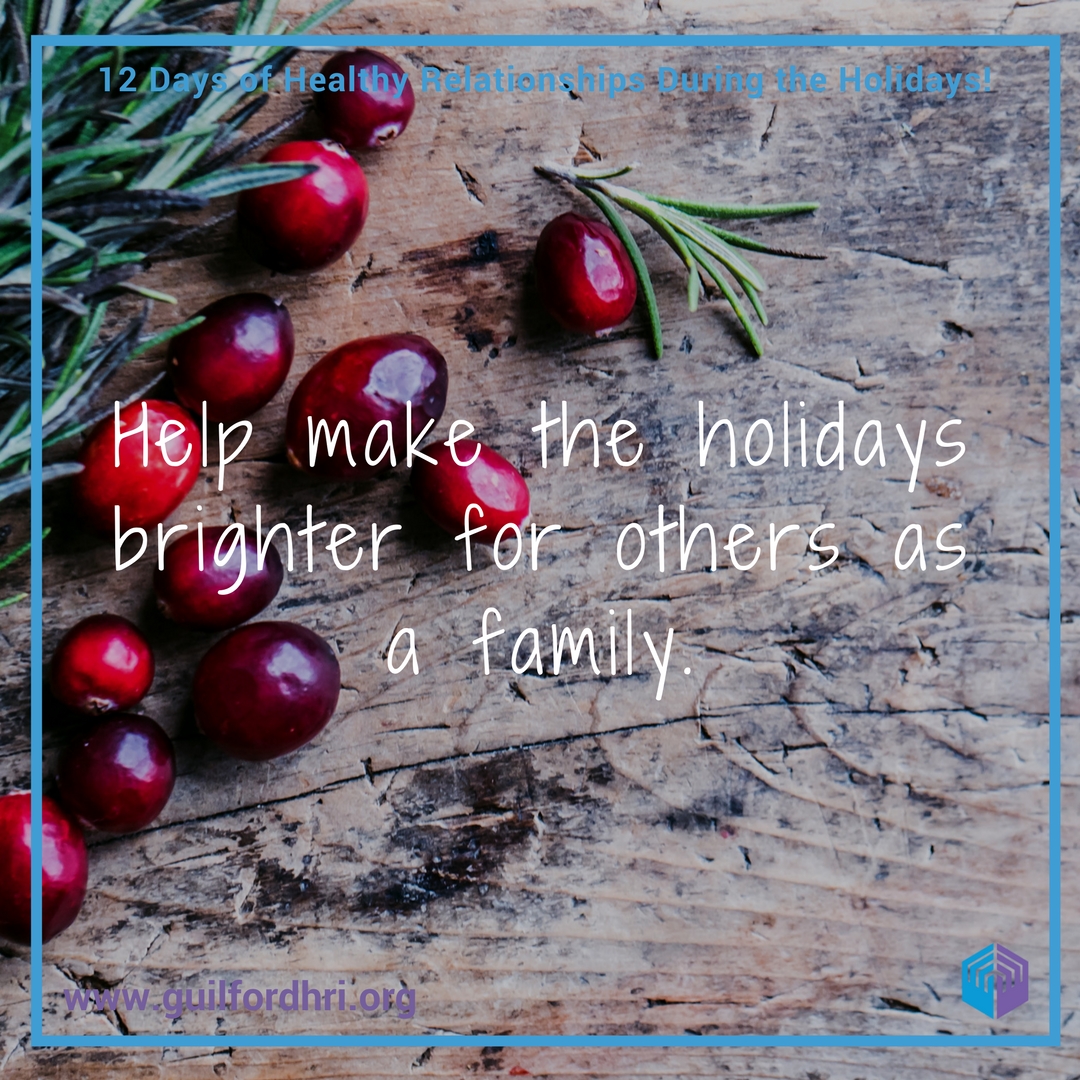
Even if you’re facing a difficult holiday season this year, know that there are others who are likely facing more grave challenges and difficulties this time of year. Have you ever thought how powerful it would be to join together with your partner, family members, and friends to give generously to make a difference in the lives of others? This is a powerful way for people to connect at the holidays and all year long. To make this idea come to life, discuss possible charitable contributions you could make together or volunteer opportunities you could do together, and pick an idea that is meaningful to all involved. Not only will you be strengthening your own relationships by giving generously together, but you’ll also be making a difference in the lives of others! Now that is a true holiday gift worth giving!

